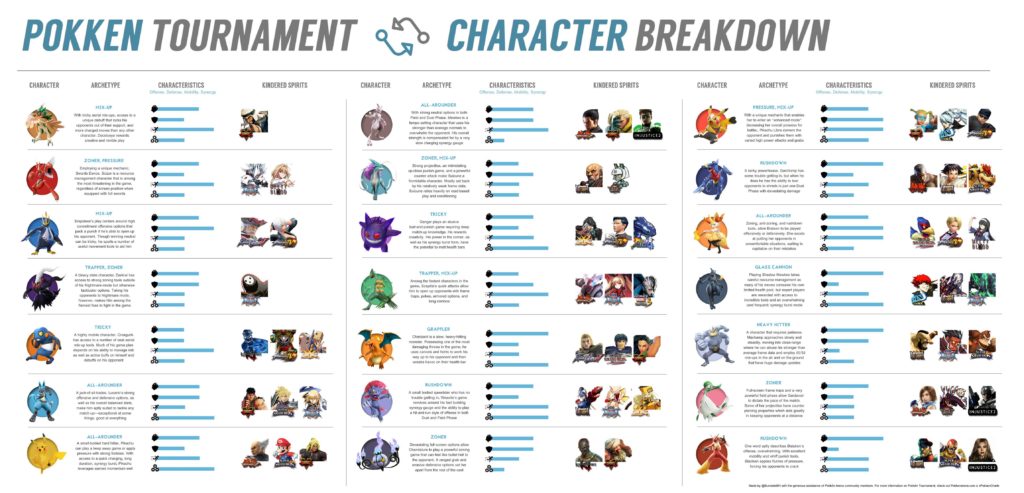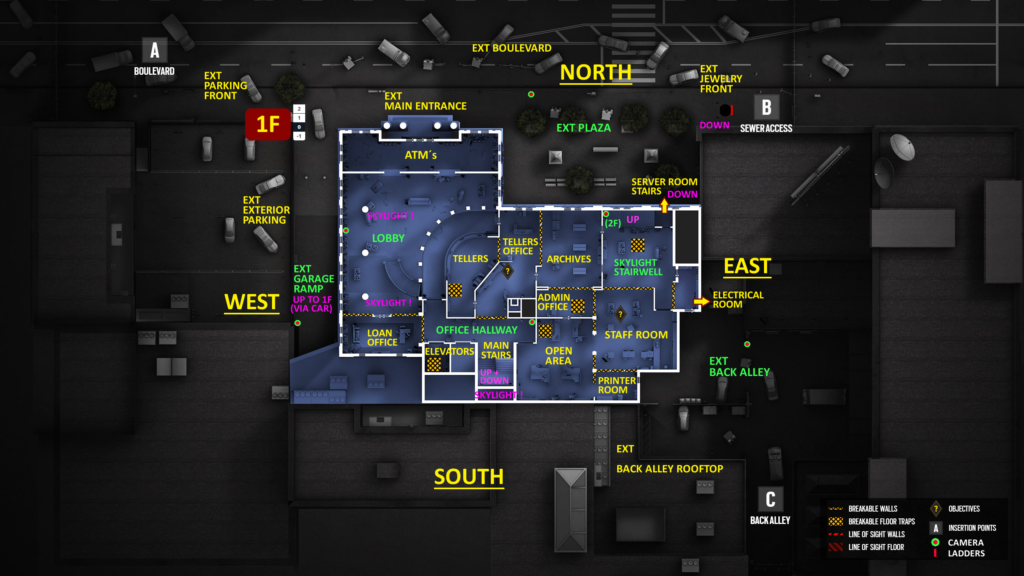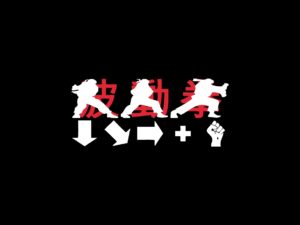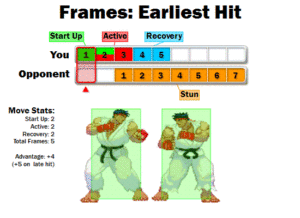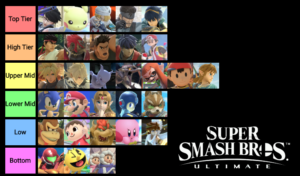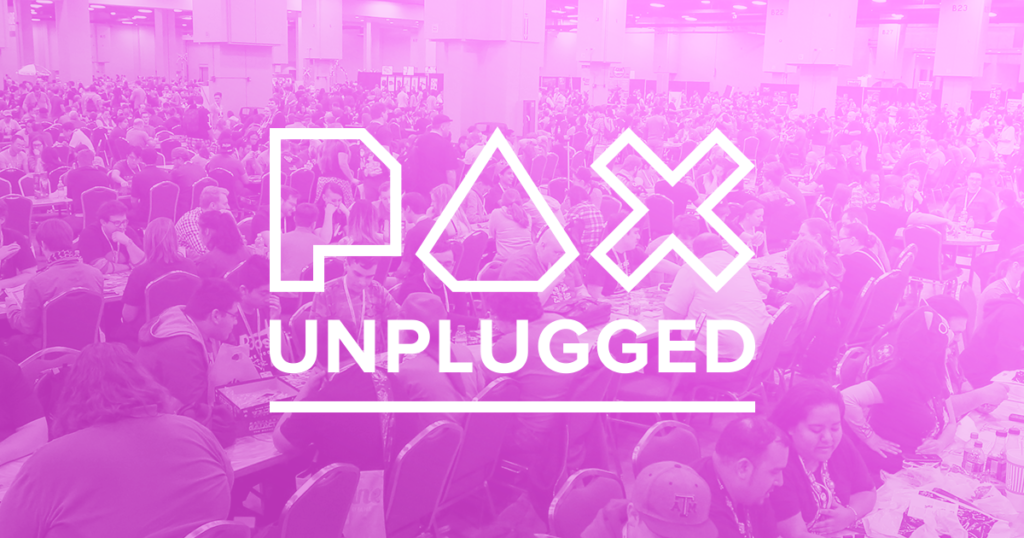
Last weekend I attended an industry event known as PAX Unplugged hosted in the wonderful city of Philadelphia. PAX -which is more formally known as the Penny Arcade Expo, is a handle used by a number of cultural gaming festivals held across the entire country. These conventions normally consist of exhibitor booths, topic panels, gaming stations, gaming tournaments, and the like, and there are number of things to do, places to explore, and people to meet upon your visit. During my very first journey through the halls of the gaming sprawl it became abundantly apparent that the Unplugged moniker lived up to it’s very name.
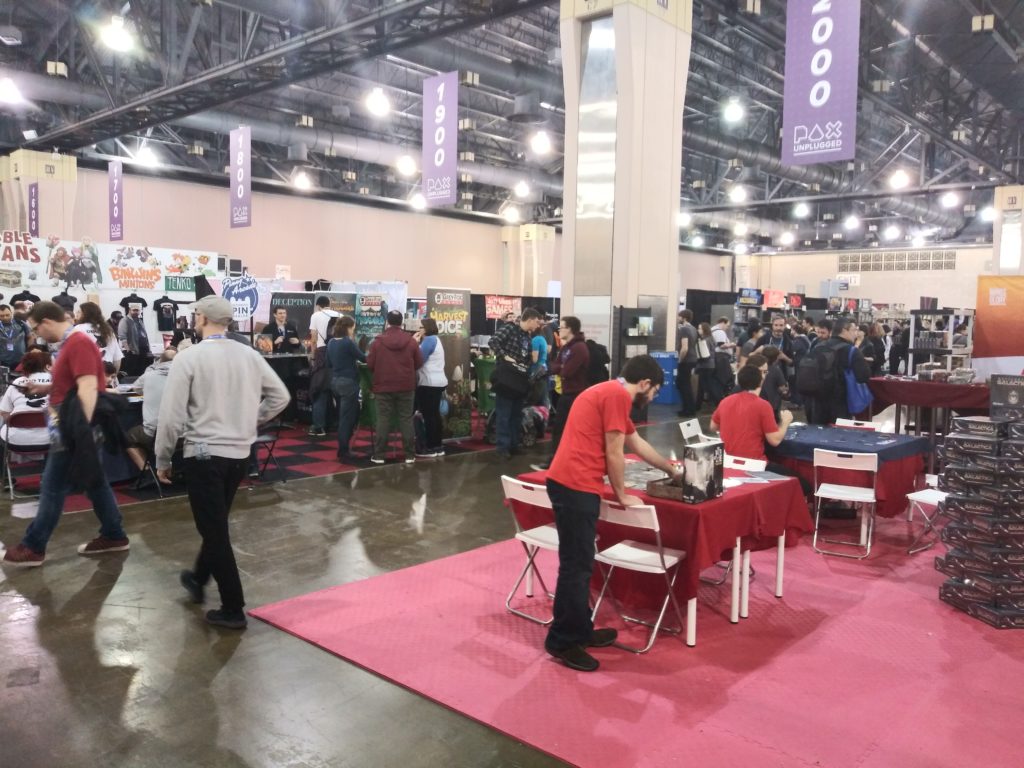
Many of the games at this specific event were card or board game based which was exciting in it’s own right. It almost felt like a callback to a lesser digitally inclined age with pencil, paper, and the imagination with every step of the way. As I continued to survey every interesting booth I could find I stumbled upon one with an actual game of digital design. Sumer as it was called, was a digital board game where nobles in an ancient and mysterious Mayan like civilization attempted earn favor with the almighty goddess Inanna. Players compete to complete a set of tasks to earn a reward from this deity and much strategy and intrigue is involved in order to win. When discussing beginner accessibility with Misha Favorov -the lead programmer and designer, he emphasized the need to always simplify and symbolically visualize important information in order to properly digest information.
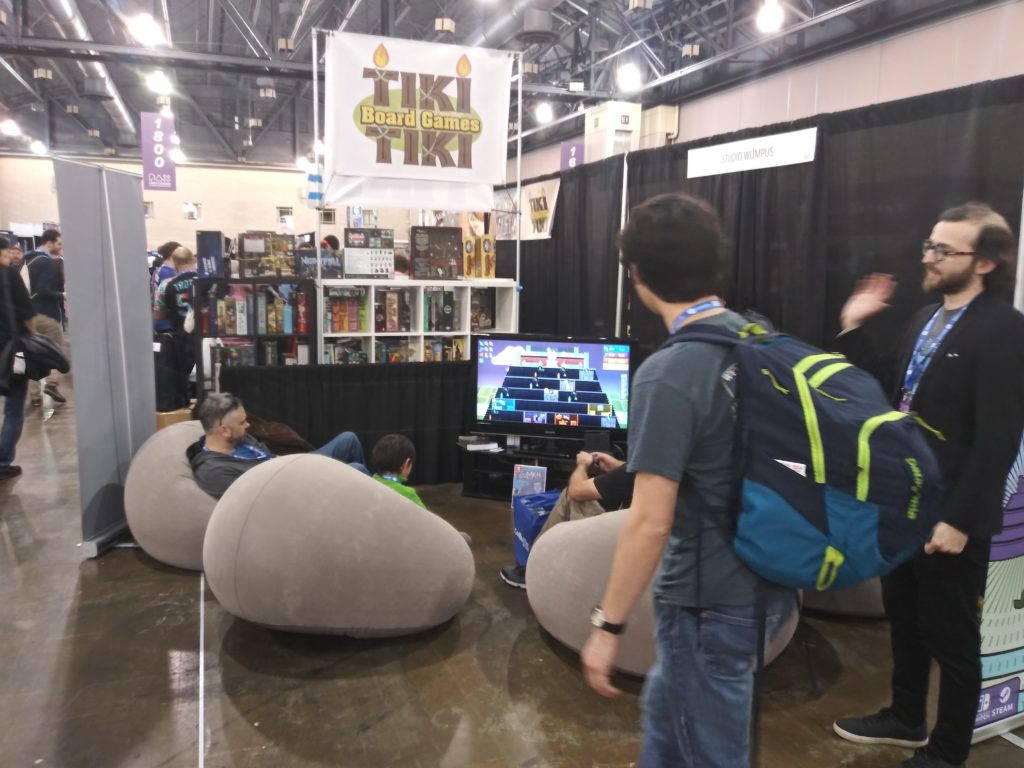
Breaking down the clutter of complex concepts is integral to a cohesive learning experience in his eyes and he firmly believes great artistic design and player testing can help with that. Another design director I encountered with similar sentiments was Brent Critchfield of Studio Woe. His company developed a card based battle game called Gruff where players battle with a custom team of mutated monster goats. Brent highlighted how familiar he was with renowned card games like Magic the Gathering and wanted players in Gruff to craft playable decks without worrying about the more overt technicalities of mana curve or the particulars of card synergy.

Many of the cards possesed visible symbolic iconography much like you would see in other card games but Brent expressed that many of the cards in a specific category or card type can synergize much more consistently than you would see in Magic. According to him for players to have fun playing a card game it should be simple for them to identify how to build competitive decks with the least stress possible. A lot of these insights I gathered this weekend concluded what I thought prior in my mission to developing my own educational learning module.
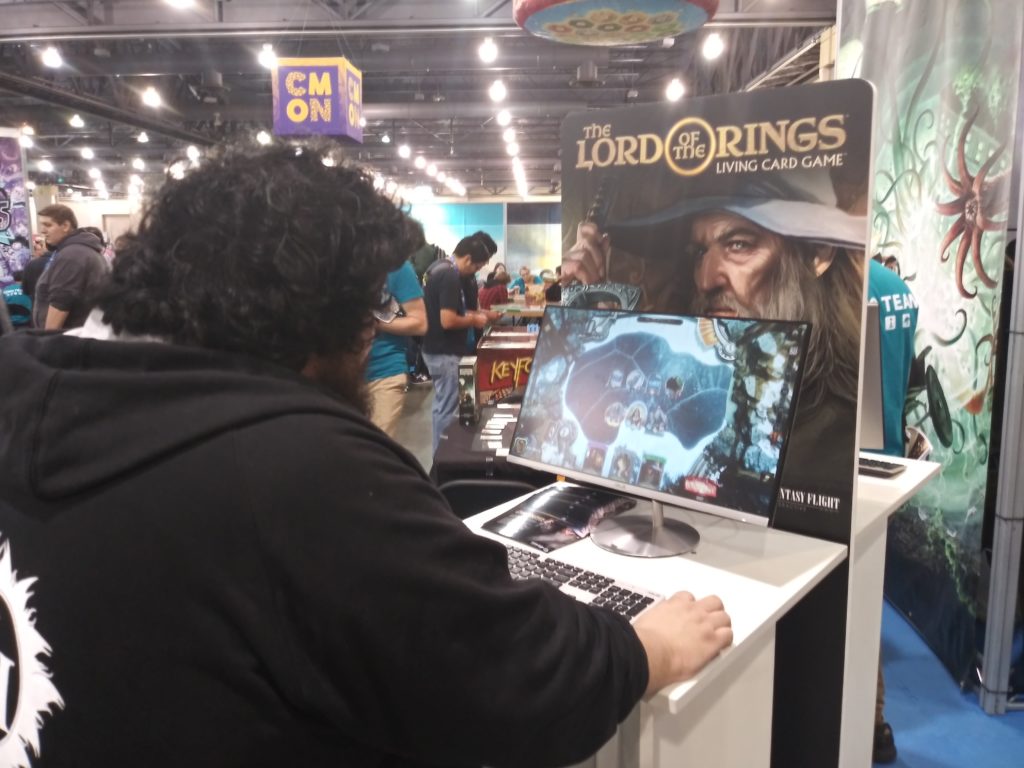
Disseminating information brick by brick in order to provide a bare bones understanding of complicated concepts to new users. Once fundamental understanding is garnered the user can build upon said foundation themselves. Metaphorically as a teacher you are instructing someone on the essentials of fishing only for them to later develop a number of different ways to do it you had not previously thought of. That in my personal belief is the hallmark of what quality education should always aspire to be; the blueprint of a simple house eventually built into an extensive mansion.
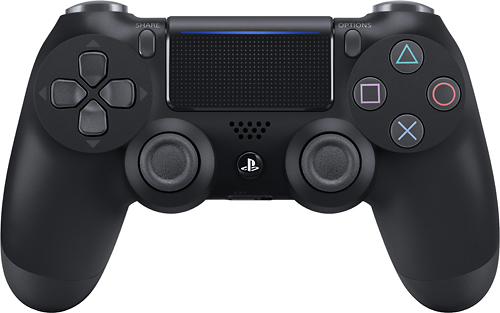
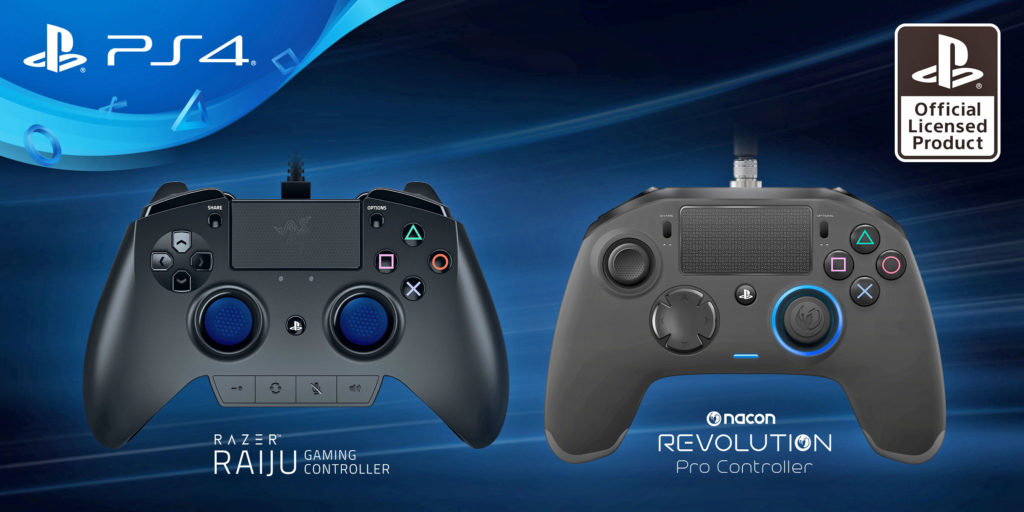
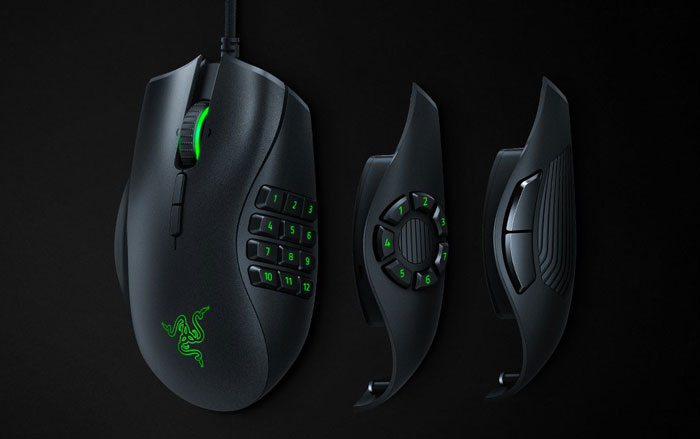
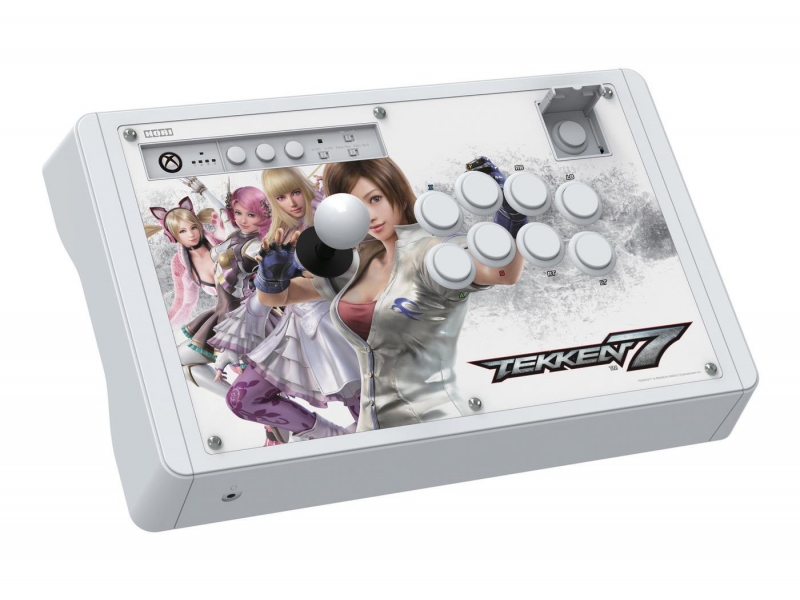
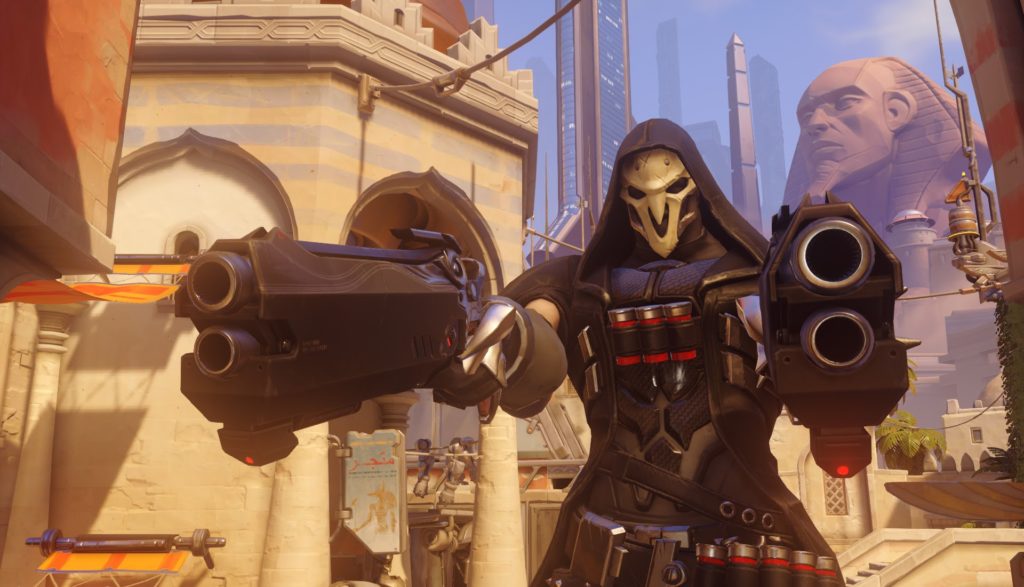
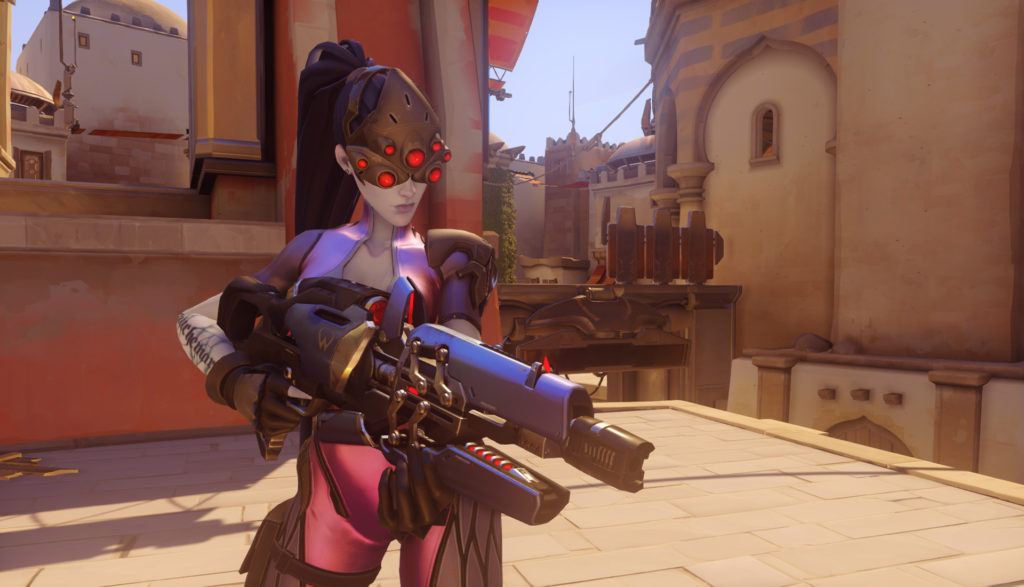 (Widowmaker)
(Widowmaker)